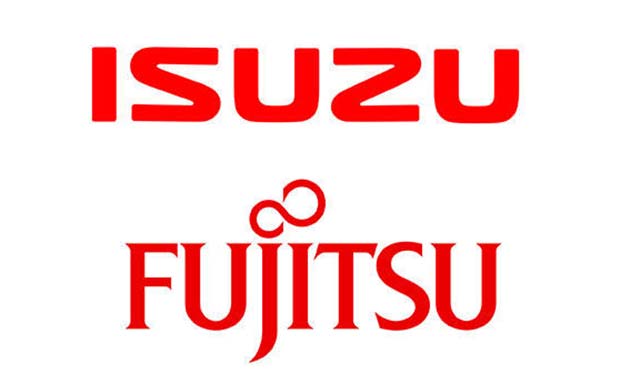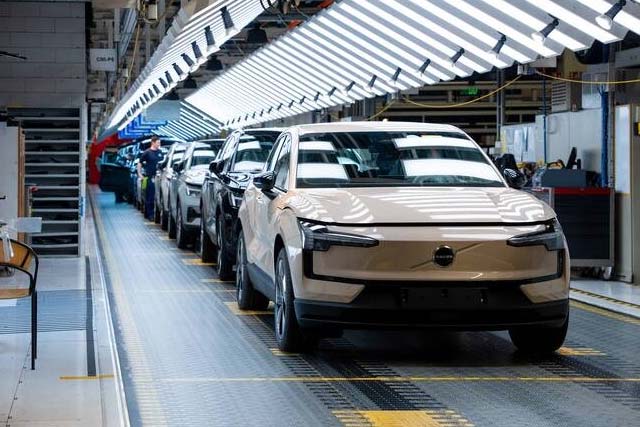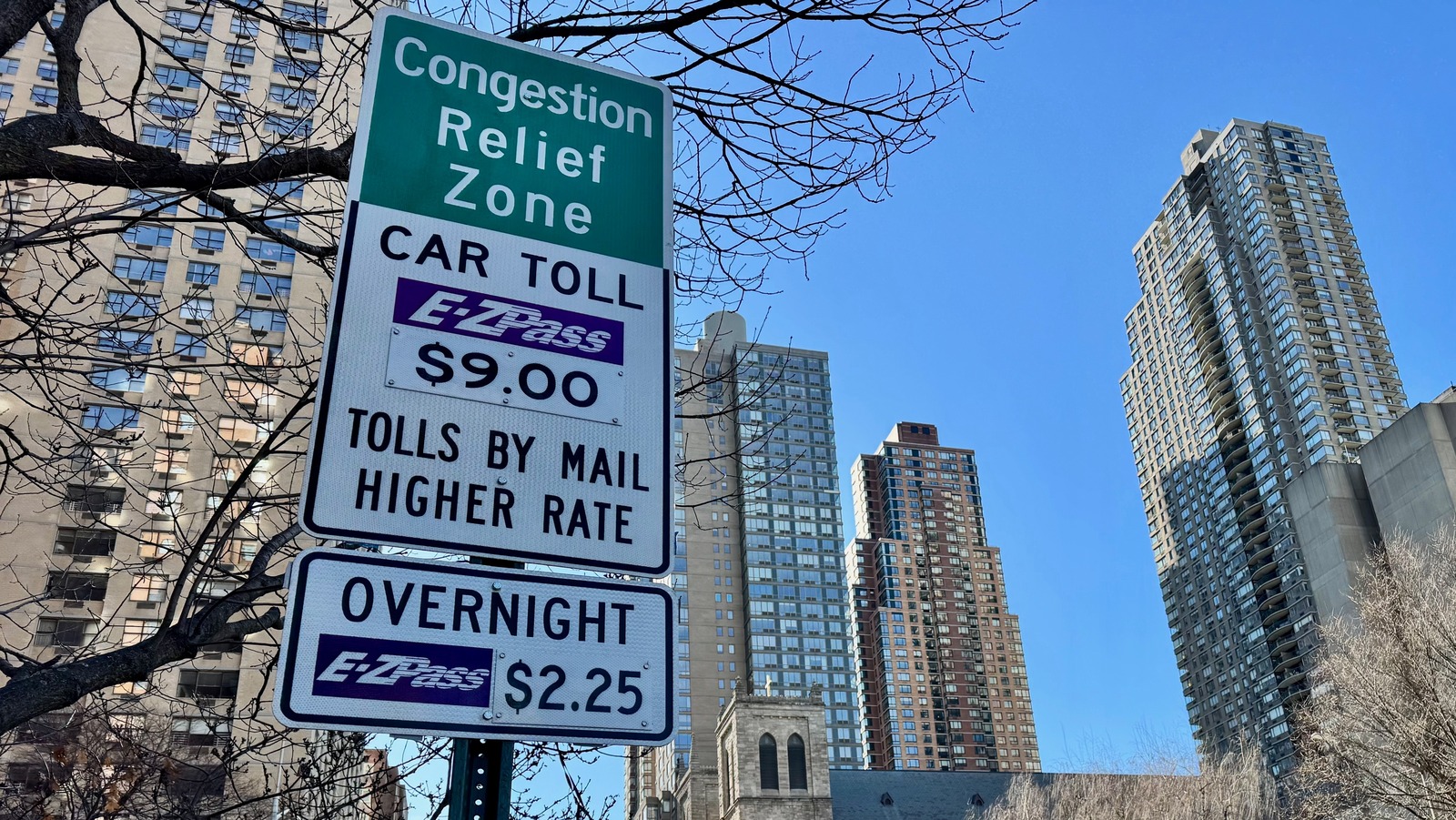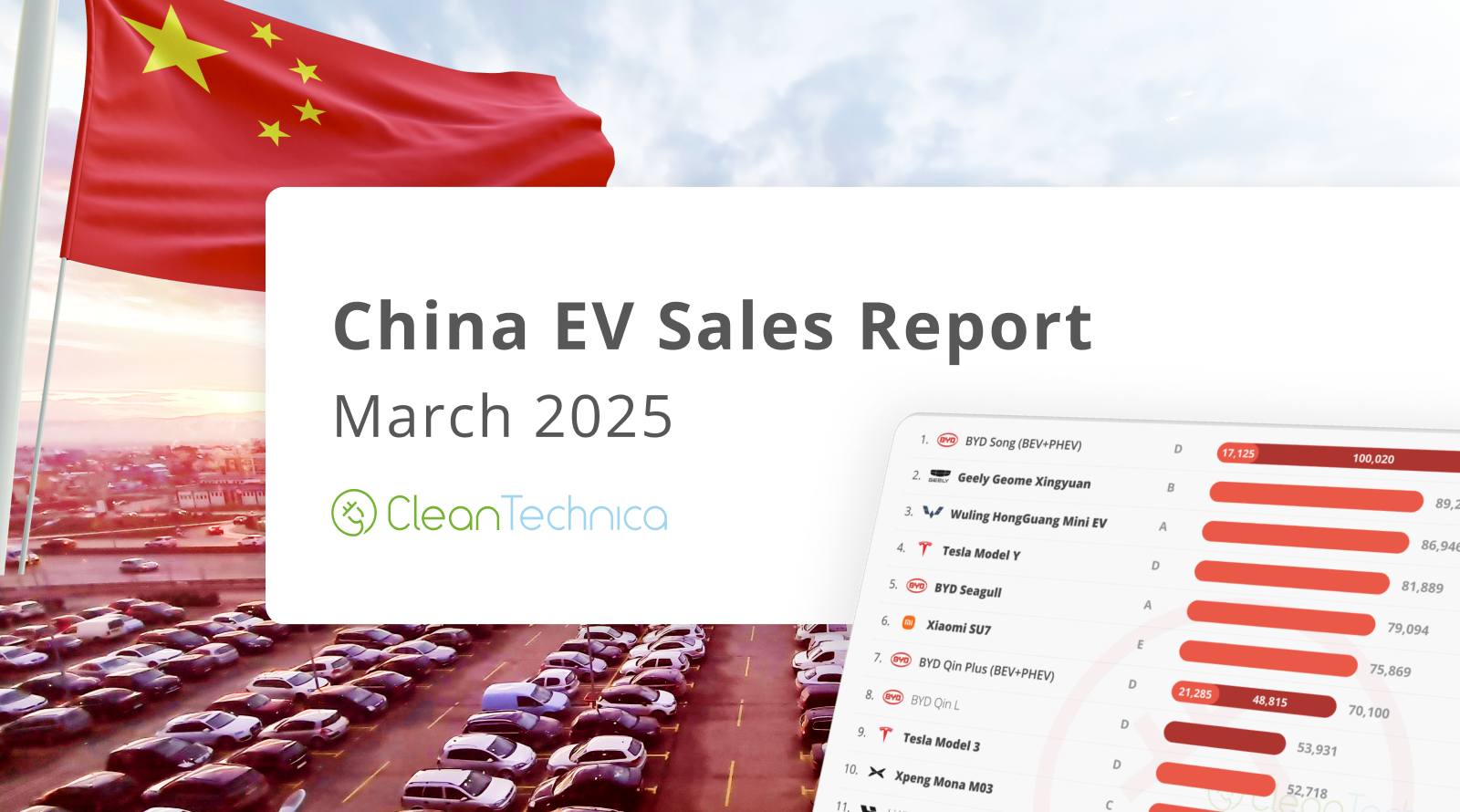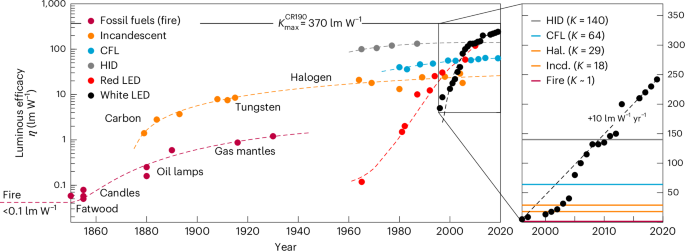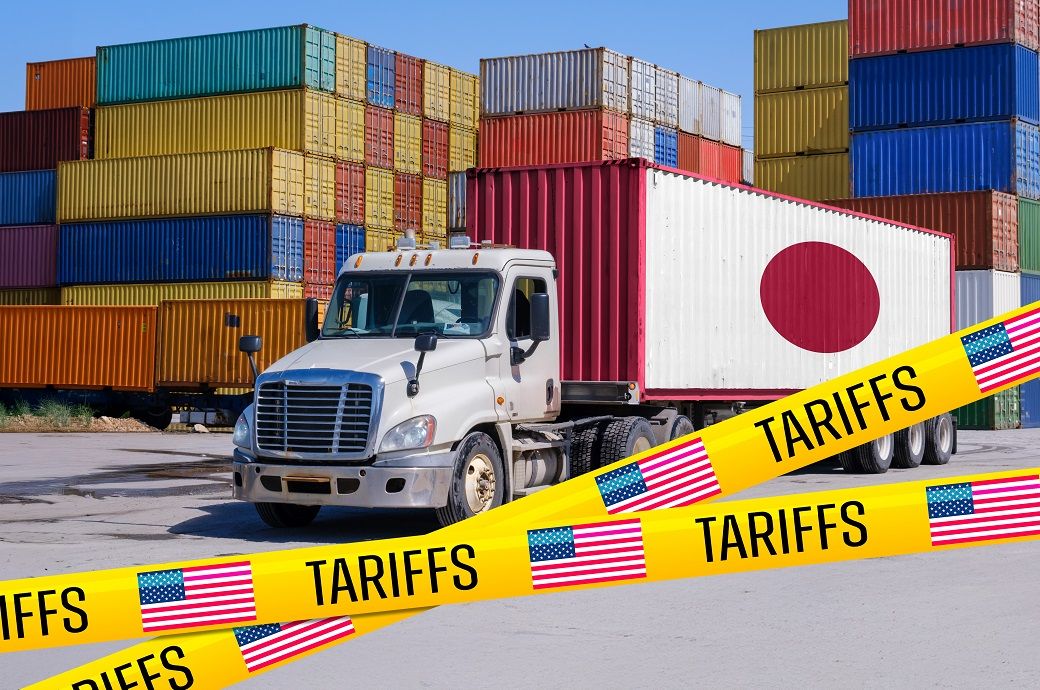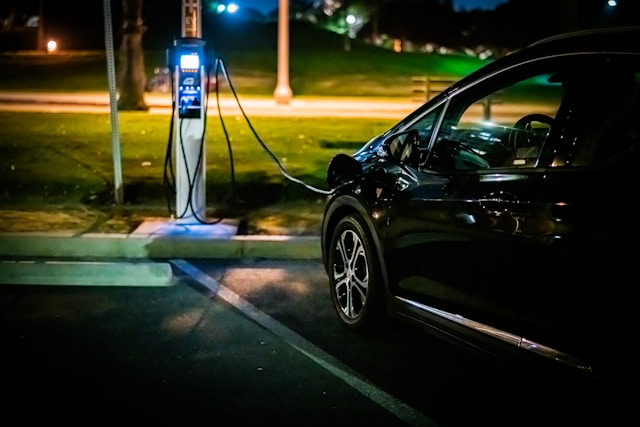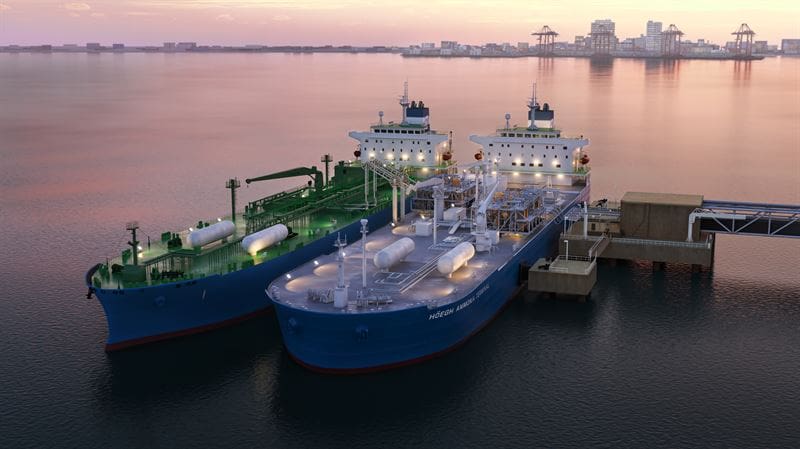Logistics Viewpoints – Supply Chain & Logistics News April 21st – 24th 2025
In today’s supply‑chain landscape, efficiency no longer hinges on cost and speed alone—it’s about resilience, transparency, and carbon‑smart decisions executed at algorithmic pace. From AI‑driven route optimization that scrubs millions of empty miles to regulatory tech that tracks forced‑labor bans and food‑dye phase‑outs, the headlines show an industry reinventing itself under pressure. This blog distills […] The post Logistics Viewpoints – Supply Chain & Logistics News April 21st – 24th 2025 appeared first on Logistics Viewpoints.
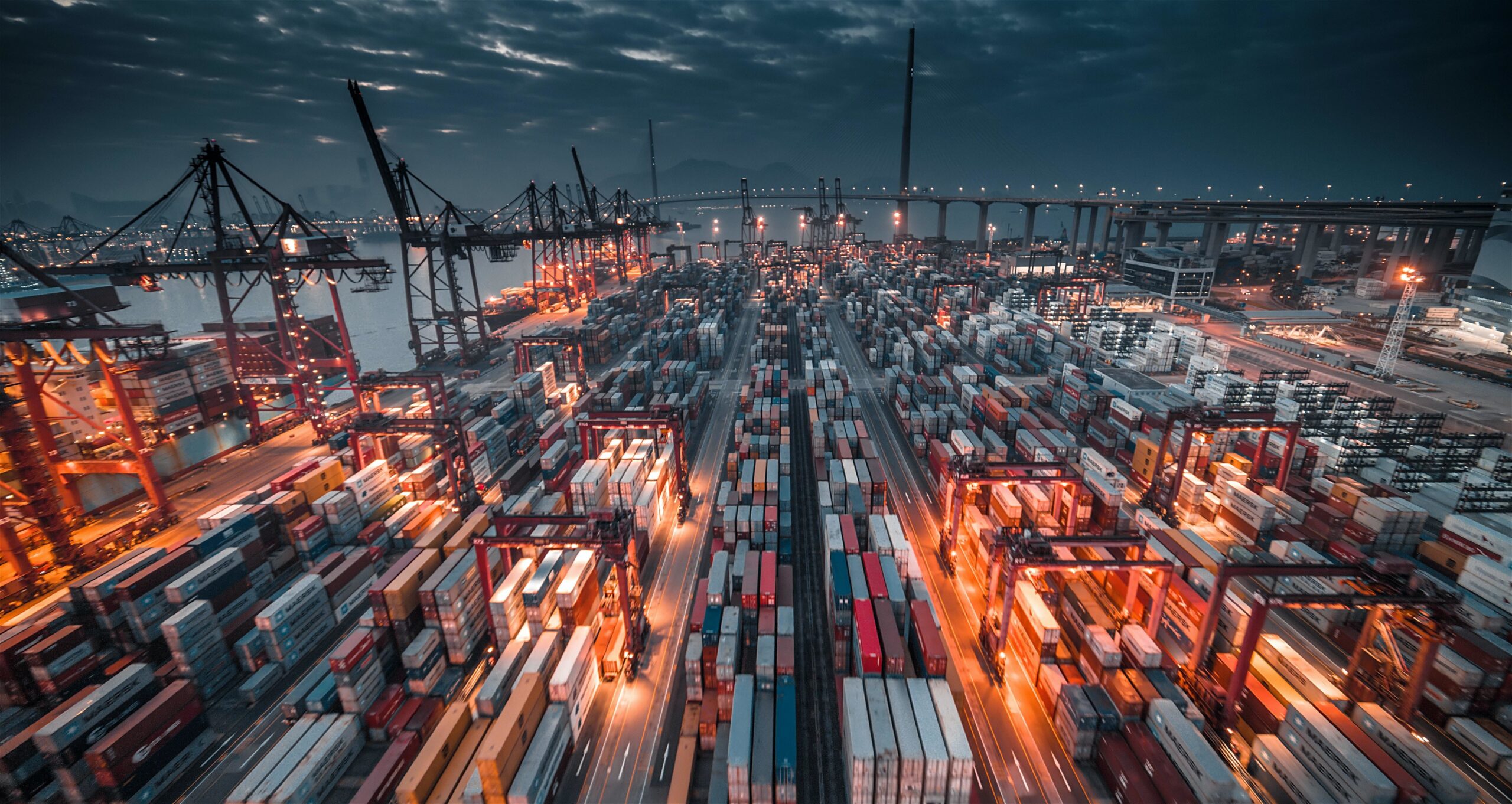

 In today’s supply‑chain landscape, efficiency no longer hinges on cost and speed alone—it’s about resilience, transparency, and carbon‑smart decisions executed at algorithmic pace. From AI‑driven route optimization that scrubs millions of empty miles to regulatory tech that tracks forced‑labor bans and food‑dye phase‑outs, the headlines show an industry reinventing itself under pressure. This blog distills that torrent of trade, logistics, and compliance news into clear signals, spotlighting the tools, policies, and partnerships reshaping how goods move—and how businesses stay competitive—in 2025’s volatile global marketplace.
In today’s supply‑chain landscape, efficiency no longer hinges on cost and speed alone—it’s about resilience, transparency, and carbon‑smart decisions executed at algorithmic pace. From AI‑driven route optimization that scrubs millions of empty miles to regulatory tech that tracks forced‑labor bans and food‑dye phase‑outs, the headlines show an industry reinventing itself under pressure. This blog distills that torrent of trade, logistics, and compliance news into clear signals, spotlighting the tools, policies, and partnerships reshaping how goods move—and how businesses stay competitive—in 2025’s volatile global marketplace.
This week’s news:
Jackson Wood of Descartes Breaks Down Global Trade in 2025
 In 2025, global trade faces multifaceted challenges beyond just tariffs. Geopolitical unrest, natural disasters, and cyberattacks are causing significant disruptions in supply chains, impacting operational efficiency and profitability. Companies are adopting strategies like tariff engineering and leveraging Free Trade Agreements to mitigate the effects of rising tariffs and trade barriers. Additionally, new compliance requirements around sustainability, transparency, and ESG (Environmental, Social, and Governance) are adding complexity, with regulations such as the Uyghur Forced Labor Prevention Act and the European Union’s Forced Labor Regulation playing crucial roles.
In 2025, global trade faces multifaceted challenges beyond just tariffs. Geopolitical unrest, natural disasters, and cyberattacks are causing significant disruptions in supply chains, impacting operational efficiency and profitability. Companies are adopting strategies like tariff engineering and leveraging Free Trade Agreements to mitigate the effects of rising tariffs and trade barriers. Additionally, new compliance requirements around sustainability, transparency, and ESG (Environmental, Social, and Governance) are adding complexity, with regulations such as the Uyghur Forced Labor Prevention Act and the European Union’s Forced Labor Regulation playing crucial roles.
To navigate these challenges, businesses are focusing on building resilient and agile supply chains. AI-driven technologies for predictive analytics and scenario modeling are being utilized to better handle disruptions. Strategic planning and technology are emphasized to enhance operational flexibility and responsiveness. By integrating trade intelligence insights and compliance technology, companies aim to thrive in the volatile trade environment of 2025.
The US FDA’s Phase-Out of Synthetic Food Dyes
 The US FDA’s initiative to phase out eight petroleum-based synthetic food dyes by the end of 2026 presents significant challenges for the food and beverage supply chain. Companies will need to source natural alternatives like beet extract and turmeric, which are produced in lower volumes and have greater variability in color and stability. Reformulating products to incorporate these natural dyes can affect their appearance, flavor, and shelf life, necessitating updates to production processes and packaging. Additionally, integrating natural dyes may require changes in manufacturing workflows, equipment, and storage conditions. Logistics and distribution will also be impacted, as natural dyes are more sensitive to environmental factors, potentially requiring cold chain infrastructure and updated packaging. Compliance with varying state-level regulations on synthetic dyes adds further complexity, making it crucial for businesses to navigate these changes effectively.
The US FDA’s initiative to phase out eight petroleum-based synthetic food dyes by the end of 2026 presents significant challenges for the food and beverage supply chain. Companies will need to source natural alternatives like beet extract and turmeric, which are produced in lower volumes and have greater variability in color and stability. Reformulating products to incorporate these natural dyes can affect their appearance, flavor, and shelf life, necessitating updates to production processes and packaging. Additionally, integrating natural dyes may require changes in manufacturing workflows, equipment, and storage conditions. Logistics and distribution will also be impacted, as natural dyes are more sensitive to environmental factors, potentially requiring cold chain infrastructure and updated packaging. Compliance with varying state-level regulations on synthetic dyes adds further complexity, making it crucial for businesses to navigate these changes effectively.
Smart and Sustainable Freight: The Role of AI in Green Supply Chain Logistics
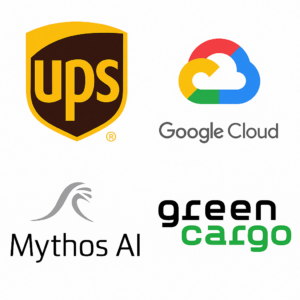 Artificial intelligence (AI) is revolutionizing the freight sector, enabling companies to achieve both cost-efficiency and environmental sustainability. AI tools are being integrated into logistics workflows for route optimization, predictive analytics, real-time monitoring, and emissions tracking, enhancing visibility and resource utilization without replacing human decision-makers. These technologies help address inefficiencies in trucking and maritime shipping, such as empty return trips and underutilized cargo space, by providing actionable insights for planners and fleet operators.
Artificial intelligence (AI) is revolutionizing the freight sector, enabling companies to achieve both cost-efficiency and environmental sustainability. AI tools are being integrated into logistics workflows for route optimization, predictive analytics, real-time monitoring, and emissions tracking, enhancing visibility and resource utilization without replacing human decision-makers. These technologies help address inefficiencies in trucking and maritime shipping, such as empty return trips and underutilized cargo space, by providing actionable insights for planners and fleet operators.
AI-supported systems also consolidate and standardize emissions data, aiding compliance with evolving disclosure frameworks and supporting internal benchmarking. Notable use cases include CMA CGM’s partnership with Google Cloud for optimizing logistics, Mythos AI’s autonomous vessel for port depth surveys, UPS’s ORION platform for route optimization, and Green Cargo’s AI-enhanced scheduling for rail freight. These examples demonstrate how AI can drive incremental improvements in resource usage and emissions control, positioning logistics providers to align their operations with broader climate goals. As digital infrastructure matures and sustainability reporting becomes standard, AI will play a central role in aligning freight operations with broader climate goals.
Wolters Kluwer Wins the 2025 FinTech Breakthrough Award for its “OneSumX” Solution
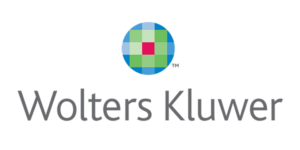 Wolters Kluwer has won the 2025 FinTech Breakthrough Award for its OneSumX Reg Manager in the “Best RegTech Solution” category. This solution helps community banks, insurers, and credit unions manage regulatory changes efficiently. It provides an automated data feed of regulatory content from U.S. state and federal agencies, ensuring timely updates and compliance.
Wolters Kluwer has won the 2025 FinTech Breakthrough Award for its OneSumX Reg Manager in the “Best RegTech Solution” category. This solution helps community banks, insurers, and credit unions manage regulatory changes efficiently. It provides an automated data feed of regulatory content from U.S. state and federal agencies, ensuring timely updates and compliance.
The OneSumX Reg Manager leverages AI to monitor and track regulatory changes, reducing manual effort and allowing institutions to focus on core operations. This proactive approach helps avoid penalties and meet regulatory obligations, addressing the evolving demands of regulatory compliance effectively.
Mapbox and Kraken Modernize Utility Operations with AI-Powered Logistics
 Mapbox and Kraken have partnered to modernize utility operations with AI-powered logistics, transforming field service efficiency and sustainability. Kraken’s Field platform integrates Mapbox APIs and live traffic data to optimize scheduling, boost efficiency, and enhance service delivery. This collaboration has enabled Octopus Energy to significantly reduce driving time by 300 hours per day, cut 4 million miles, and complete an additional 150,000 service appointments annually, achieving an 88% increase in urban job efficiency.
Mapbox and Kraken have partnered to modernize utility operations with AI-powered logistics, transforming field service efficiency and sustainability. Kraken’s Field platform integrates Mapbox APIs and live traffic data to optimize scheduling, boost efficiency, and enhance service delivery. This collaboration has enabled Octopus Energy to significantly reduce driving time by 300 hours per day, cut 4 million miles, and complete an additional 150,000 service appointments annually, achieving an 88% increase in urban job efficiency.
Kraken’s AI-powered optimization engine uses Mapbox’s Matrix API to calculate travel times and distances based on live road conditions, intelligently assigning jobs based on proximity, availability, and skillset. The Mapbox Directions API generates the fastest routes between locations, continuously updating them in response to traffic and job changes. This dynamic routing ensures field engineers spend more time with customers and less time on the road, improving service delivery and reducing emissions. The partnership highlights the power of real-time location intelligence in transforming field services and enhancing customer experience.
Song of the week:
The post Logistics Viewpoints – Supply Chain & Logistics News April 21st – 24th 2025 appeared first on Logistics Viewpoints.












